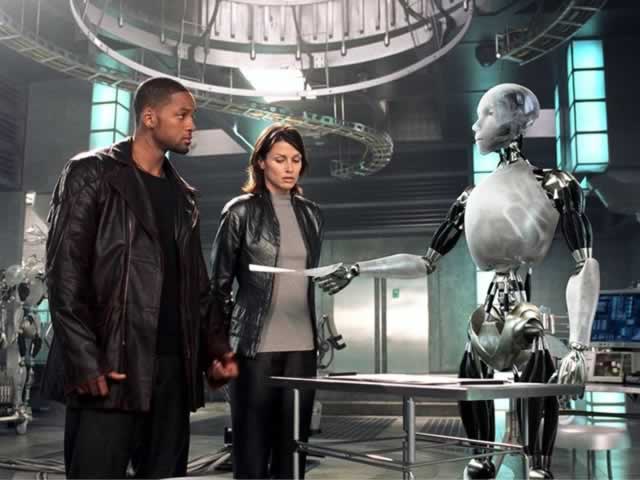‘Robots will render humans redundant’

The pace at which robots and intelligent machines are able to take over the jobs traditionally performed by humans will result in more than half the population being unemployed within 30 years, an expert in computing has predicted.
While some may look forward to a life of leisure, many others face the dismal prospect of long-term unemployment as a result of the rise of smart machines, from self-driving cars and intelligent drones to smart financial-trading machines, said Moshe Vardi, professor of computational engineering at Rice University in Houston, Texas.
Speaking at the American Association for the Advancement of Science (AAAS) annual meeting in Washington, Professor Vardi predicted that developments in robotics and artificial intelligence will create a workplace revolution unlike any other seen since the start of the industrial age more than two centuries ago.
“We are approaching a time when machines will be able to outperform humans at almost any task. I believe that society needs to confront this question before it is upon us,” Professor Vardi said.
“I do believe that, by 2045, machines will be able to do a very significant fraction of the work a man can do. The following question, therefore, seems to be of paramount importance: if machines are capable of doing almost any work humans can do, what will humans do?
“You hear about the Google Car. There are millions of people who make a living from driving, like bus drivers and taxi drivers.
“What kind of jobs are going to replace them?”
The same question has been asked by successive generations since the Luddites of the early 19th century. The self-employed weavers protested against the introduction of labour-saving textile devices such as stocking frames, spinning frames and power looms – rightly seen by them as a threat to their traditional livelihood.
Economists have argued, however, that while it is true that advances in automation and technology have replaced many jobs over the decades, they have also created new careers that could not have existed before.
This is why “Luddite” is now used almost as a term of abuse for those who want to stop advances in automation widely judged as the march of progress.
Professor Vardi, however, said that the “Luddite fallacy” confuses a trend for an economic law: “It’s like saying we can never overfish the oceans because there are always more fish in the sea.”
What makes things different now is the ability to programme computers and microprocessors with a level of intelligence that puts them on a par with people in many highly skilled areas once considered unassailable by robotics and machines, Professor Vardi suggested.
“The question I want to put forward is ‘Does the technology we are developing ultimately benefit mankind?’
“A typical answer is that if machines will do all our work, we will be free to pursue leisure activities,” he said.
“I do not find this a promising future, as I do not find the prospect of leisure-only life appealing. I believe work is essential to human well-being.
“Humanity is about to face perhaps its greatest challenge ever, which is finding meaning in life after the end of ‘In the sweat of thy face shalt thou eat bread’.
“We need to rise to the occasion and meet its challenge. It’s going to be one of the biggest policy issues of the next 25 years, and yet we’re in a [US] election year and nowhere is this a policy issue.”
Professor Vardi produced figures showing how the growth of America’s national wealth had risen in parallel with the rise in manufacturing output. But around 1980 household wealth began to fall back, as many of the high-skilled, well-paid manufacturing jobs were reassigned to machines.
“There has been a decoupling of national wealth and household income, and there is reason to believe that automation is a major factor in this great decoupling,” he said.
“The changes in automation are nothing short of dramatic and we can really expect, for instance, that driving will be fully automated in the US in the next 25 years.
“Yet 10 percent of jobs in the US involve operating a vehicle. Many of these jobs will disappear.”
Vardi isn’t the first to worry that artificial intelligence will not benefit the common good. Physicist Stephen Hawking has worried that AI “could be the worst thing ever for humanity.”
Too many large brains, though, seem hell-bent of pressing toward a machine-dominated world, as if this were automatically a wonderful goal.
Google, Facebook and so many other tech companies have committed themselves to artificial intelligence “progress” that seems unbound by anything other than current technical possibility. It’s hard to see their vision as anything other than clever people dabbling with little understanding of the consequences.
Humans seem like mere guinea pigs for their research. It’s like youths tossing Mentos candies into Coke bottles just to see what happens.
Tech companies insist that they’re all “making the world a better place,” but they may merely be using the world as a lab for their experiments.
Will 2045 find us all playing golf in some exotic locations, while our robot caddy carry our clubs, pour our drinks and hug us all night? – The Independent/C Net









Comments